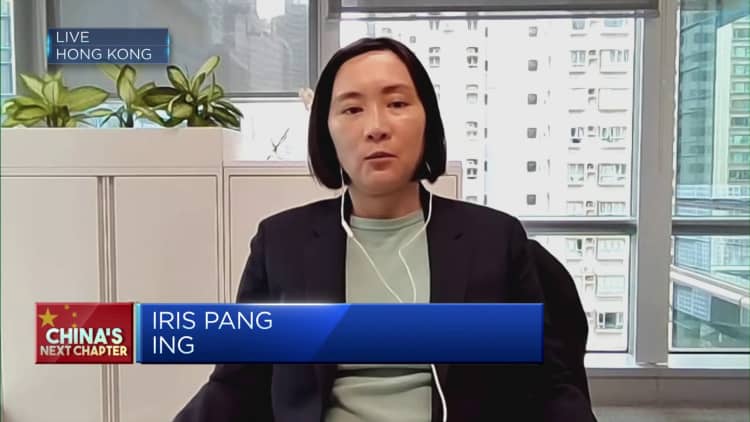[the_ad id="21475"]
[ad_1]
People pose with the Chinese Communist Party flag during a visit to the Museum of the Communist Party of China in Beijing on March 3, 2023, ahead of the opening of the annual session of the National People’s Congress on March 5.
Greg Baker | Afp | Getty Images
BEIJING — The ruling Communist Party of China is establishing commissions to oversee finance and tech, state media announced Thursday.
The changes come as Chinese President Xi Jinping sees unity under the party as essential for building up the country. That contrasts with a tendency of Chinese leaders in past decades to delegate more power to the government and its ministries.
A new “Central Financial Commission” is set to strengthen the party’s “centralized and unified leadership over financial work,” state media said Thursday in Chinese, according to a CNBC translation. The commission is responsible for high-level planning in financial stability and development, the report said.
The Chinese government’s annual legislative meeting this month emphasized that addressing financial risks is a priority for policymakers this year.
The report said the new commission’s administrative office will take on the responsibilities of the State Council’s Financial Stability and Development Committee — a group once overseen by the essentially retired Liu He and now dissolved.
Alongside that administrative office, a “Central Financial Work Commission” will be established to focus on ideological and party-related work in the finance industry, state media said.
While state media did not specify, a financial work commission of the same name had been set up in the aftermath of the 1998 Asian financial crisis. The commission was dissolved after about five years, leading to the establishment of the now-defunct China banking regulator in 2003.
It’s unclear how the commission’s future work will compare with history.
Back in the late 1990s and early 2000s, the Central Financial Work Commission helped to make financial regulation and supervision more streamlined — minimizing the influence of powerful interest groups on regulators, Sebastian Heilmann, professor of political economy of China at the University of Trier, said in a paper. He later became founding president of the Mercator Institute for China Studies.
“But the hierarchical institutions of Party control were incapable of introducing market-based incentive structures for financial executives and failed to suppress financial mismanagement and corruption,” Heilmann wrote…
Click Here to Read the Full Original Article at Top News and Analysis (pro)…
[ad_2]
[the_ad id="21476"]
